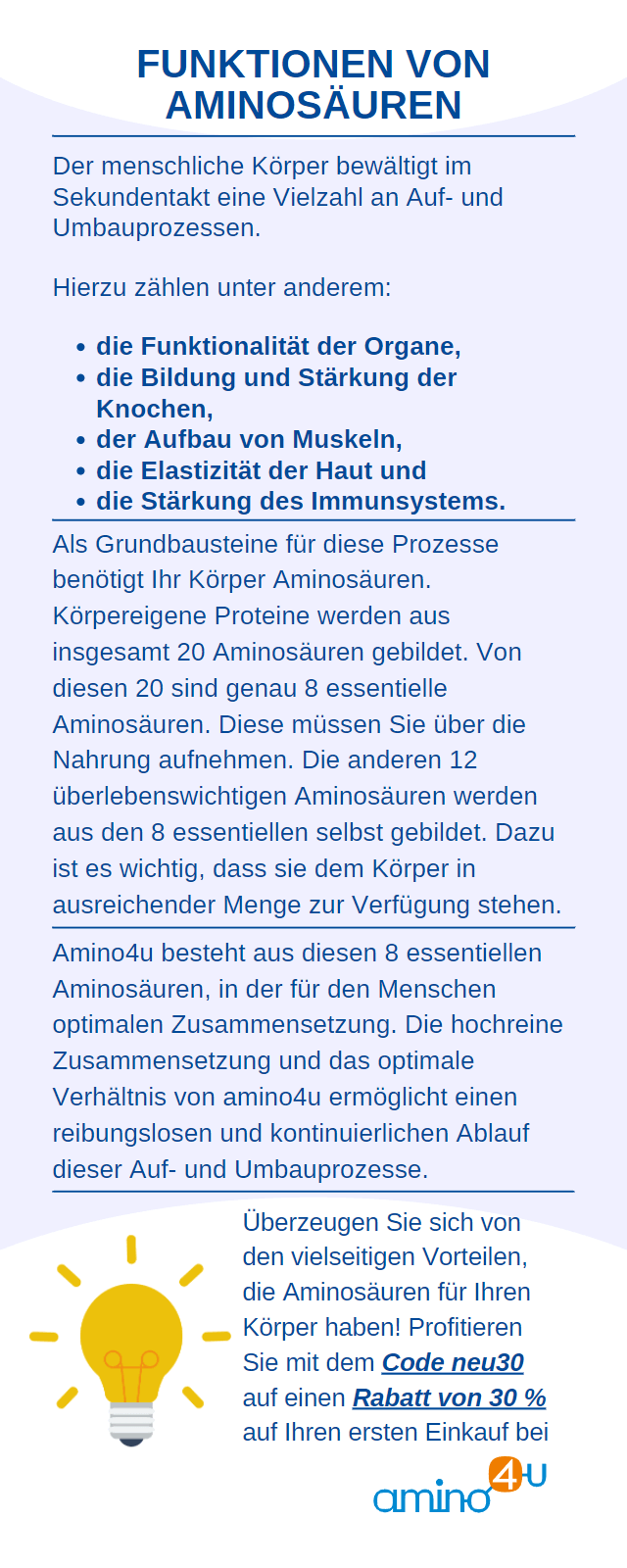Many modern, sporty women attach great importance to fitness and already do strength training on a regular basis. Others have decided to start a training program to build muscle as soon as possible.
Building muscle for women is no longer a topic that only professional bodybuilders would be interested in. What applies to pregnant women here? Are you allowed to do weight training ? What do women have to consider during pregnancy if they want to try dumbbells and weight machines?
The topic is often discussed controversially, especially among women themselves. What do doctors and scientists think about strength training for expectant mothers ? Find out more in our article.

Strength training pregnancy: effects on the expectant mother and the baby
While in the past, expectant mothers were generally advised to exercise gently, today doctors and midwives allow pregnant women to exercise . Exceptions exist in special cases such as high-risk pregnancies.
This approach to the topic also corresponds to the feelings of many modern women. They do not see this particular phase in their life as a limitation and certainly not as an illness. They want to continue to feel fit, sufficiently flexible and attractive, especially if they are about to give birth to a baby.
On the other hand, some people are unsure when it comes to strength training before giving birth. Although more and more celebrities and influencers are demonstratively showing themselves to be pregnant using weight machines and weights , some women fear that these activities could harm the child or themselves.
To approach this issue, it is first worth taking a look at the general potential effects of strength training on the female body .
Women and muscles
Male and female anatomy are different. When it comes to muscle strength, women are disadvantaged by nature. It is primarily the male sex hormone testosterone that gives men an advantage.
This difference is even noticeable in top-level sport. The female world record in weightlifting is 146 kg in the body weight class up to 63 kg. The male counterpart can reach 183 kg in this weight class.
On average , women in elite sports are up to 12 percent less productive than men. This mainly has something to do with the anatomical differences. In addition to testosterone, men also have more of the small energy power plants in the muscles, the mitochondria .
This means that female muscles have less energy available. Muscles don't just play a role in top athletes. It is now proven that the muscles have an important function for the overall health of the human organism.
The older we get, the more important our muscles become. In old age, for example, it is also important to reduce the risk of falls and the associated fractures.
How do women in particular benefit from building muscle ?

What does strength training mean for women's health in general?
Hardly any woman longs for the intensively developed muscles of a bodybuilder. It does not correspond to the beauty ideal of most women to intensively build muscles and to focus their lifestyle solely on building and breaking down muscles .
However, many women find that appropriately defined muscles help them cope with everyday life and can limit typical everyday problems such as back pain. In addition, muscles also have the effect that they are in natural competition with fat accumulation.
Maintaining a slim, feminine figure into old age is very desirable for many women. Most of them also know that muscles determine the basal metabolic rate in the human body's energy utilization.
When the body burns energy, it predominantly happens in the muscles. There are a number of health benefits associated with strength training in women . Psychology may also play a role here.
Strength training is suitable for giving women a good feeling about their own bodies and their own fitness. If you train correctly and regularly, women will soon see results in their figure. This is also a way to increase your own well-being.
It's no surprise that women don't want to miss out on these potential health benefits when they become mothers.
Strength training pregnancy - what's in it for the mother?
The good feeling that many women have when they stick to sporting activities as expectant mothers is not just subjective. Doctors and scientists are increasingly finding in relevant studies that exercise during pregnancy can have health benefits for women.
For example, a Spanish study showed that regular exercise could shorten the length of the labor phase.
Although many health benefits have not yet been fully researched, there is evidence that the risk of gestational diabetes can also be reduced through regular exercise.
In addition, the cardiovascular system of expectant mothers should also benefit from regular sporting activities. Correct and appropriate strength training can, for example, support the abdominal muscles, which in turn benefits the woman during childbirth and afterwards.

Pregnancy sports and weight training - better development of the baby?
Interestingly, scientists have also recognized that it is not just the expectant mother who can benefit from exercise and weight training .
Particularly for training in the aerobic area , a study found that female babies in particular benefit from the mother's regular training while still in the womb. Their neuromotor skills are more developed compared to non-exercising mothers.
Appropriate training, including strength training, is also said to have a positive effect on the heart rate of the fetuses. Developing babies' heartbeats are slower and therefore more stable when their mothers exercise regularly.
What should you definitely pay attention to?
Expectant mothers are allowed to do strength training and other sporting activities if they observe the following points:
- It goes without saying that contact sports and martial arts with a significant risk of injury are not suitable for expectant mothers.
- Strength training may not be possible, especially in high-risk pregnancies such as multiple births, a tendency to preeclampsia (pregnancy poisoning) and other individual factors. It is important to seek medical advice before engaging in any sporting activity.
- Especially when it comes to strength training, you should train with medium intensity and more repetitions.
- Overall, particularly ambitious women should always keep in mind that as an expectant mother they are not training for competition, but rather for fitness and flexibility. Exaggerations can harm mother and child. You should adapt the intensity of your training to these goals, especially when it comes to strength training.
- The scientific studies already mentioned show the particular benefits of aerobic training. Training in the anaerobic range should take a back seat for pregnant women.
What should you pay attention to when it comes to diet?
Special features apply not only with regard to the intensity of training when doing weight training as an expectant mother. Sports activities must not lead to an undersupply of the developing child.
Building muscle in women requires the supply of appropriate building materials - this applies even if the aim is to maintain muscle and build muscle in a very moderate form.
What is particularly important here is an adequate supply of protein and the smallest protein building blocks, the amino acids . For expectant mothers , eating after exercise is even more important than for other physically active women.
Eating after exercise also means supplying the organism with sufficient amounts of natural amino acids . Ultimately, the embryo also needs sufficient building material for its own body structures.
So that mother and child do not have to compete for natural amino acids when the mother increases her energy consumption during physical activity, the supply must be right for both.
This applies not only to amino acids , but also to other nutrients and, above all, micronutrients. If in doubt, we recommend consulting a doctor or a competent nutritionist.

Strength training can also be done during pregnancy
Strength training during pregnancy is not generally prohibited. However, the prerequisite is that pregnant women adapt the intensity and load of their strength training to their particular situation.
Moderate training with less weight and more repetitions is required. In addition, no special circumstances should speak against training with weights and strength equipment.
If in doubt, speak to your OB/GYN before doing strength training as an expectant mother . Also remember at all times that you must not give yourself up.
There should also be no energy deficit in the developing child. The supply of all important nutrients, including the relevant protein building blocks, should also be considered here.
By following these principles, you and your child can benefit from strength training and other moderate sporting activities. Particular attention should be paid to training in the aerobic area.
More and more scientific studies show that you can benefit from physical activity in terms of health because, among other things, the birth process can be easier for you. The unborn child can also benefit from exercise and strength training.
The possible health benefits range from a more stable cardiovascular system in the baby to an increase in the child's neuromotor skills .
There is a need for further, more in-depth research here. Discover a good feeling for your body and the needs of your child in all sporting activities as an expectant mother and also in strength training .
Especially if you haven't been particularly sporty before, choose a gentle introduction to training and discuss the topic with your gynecologist beforehand.




